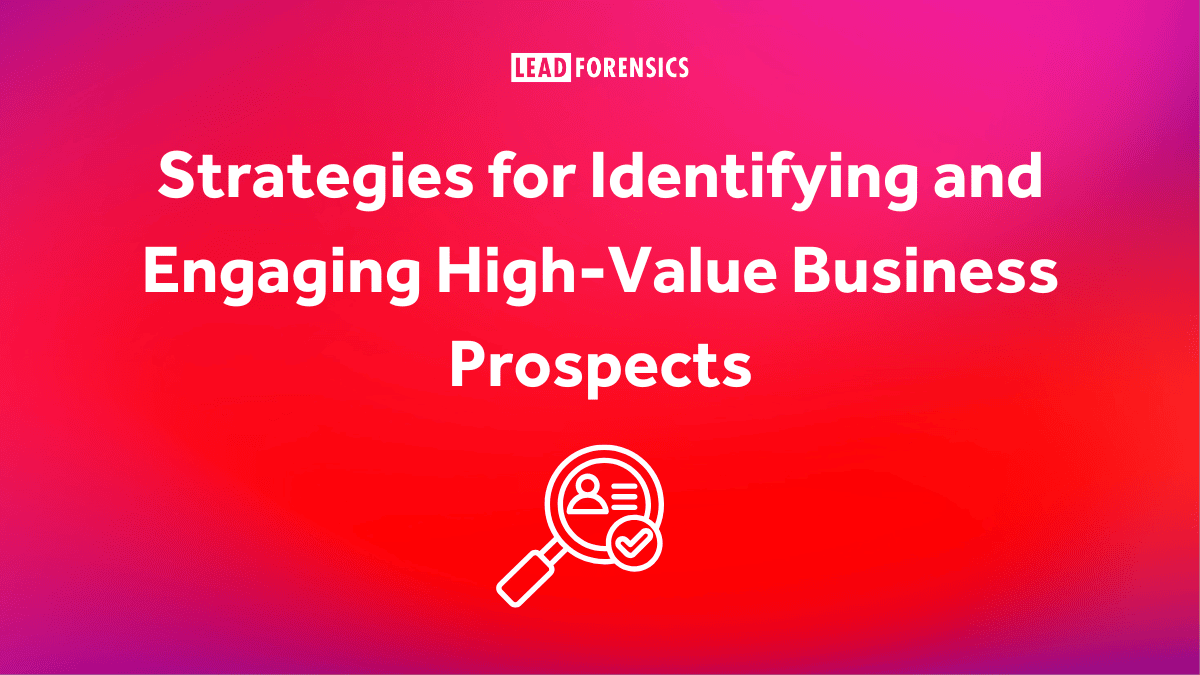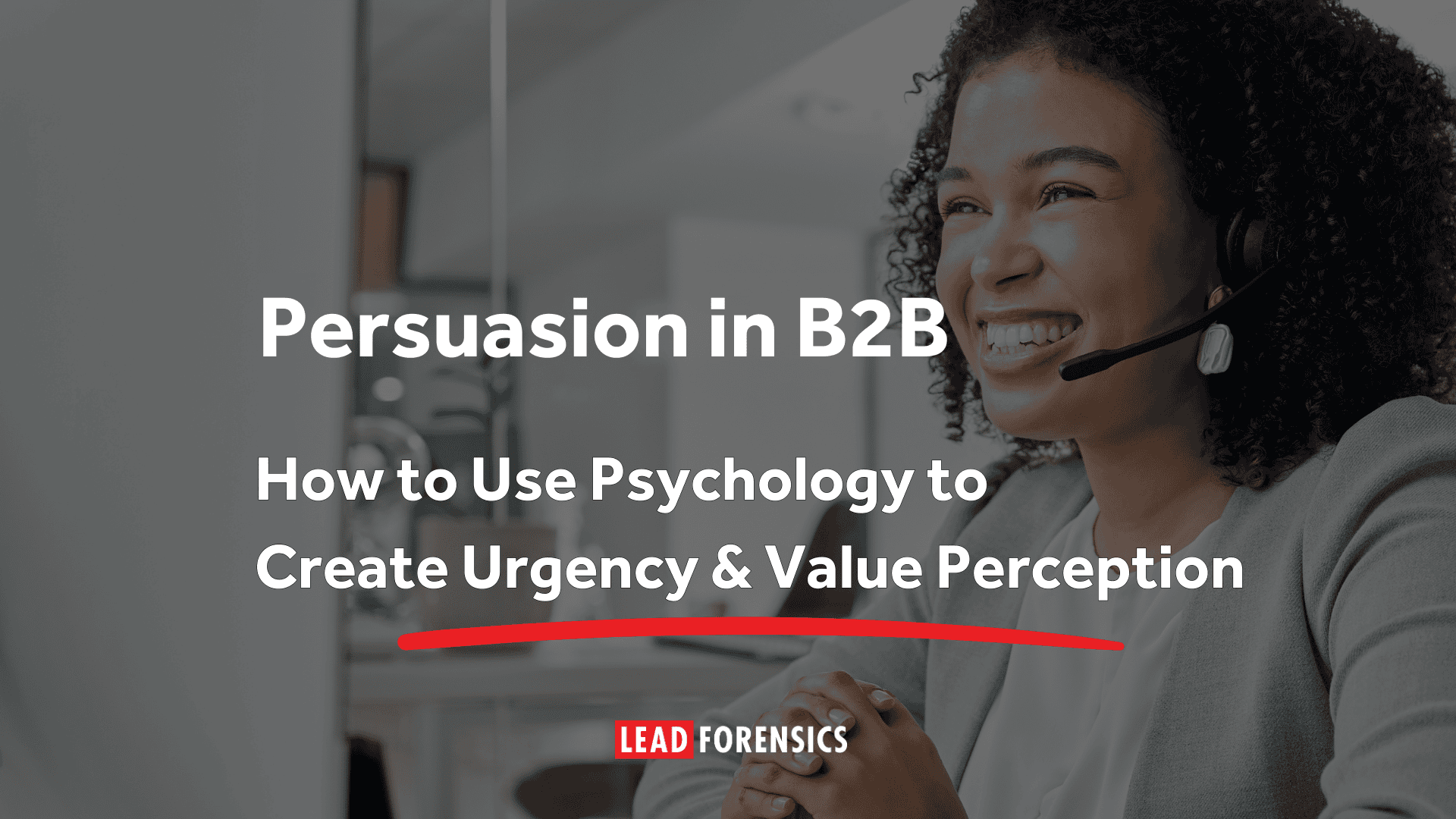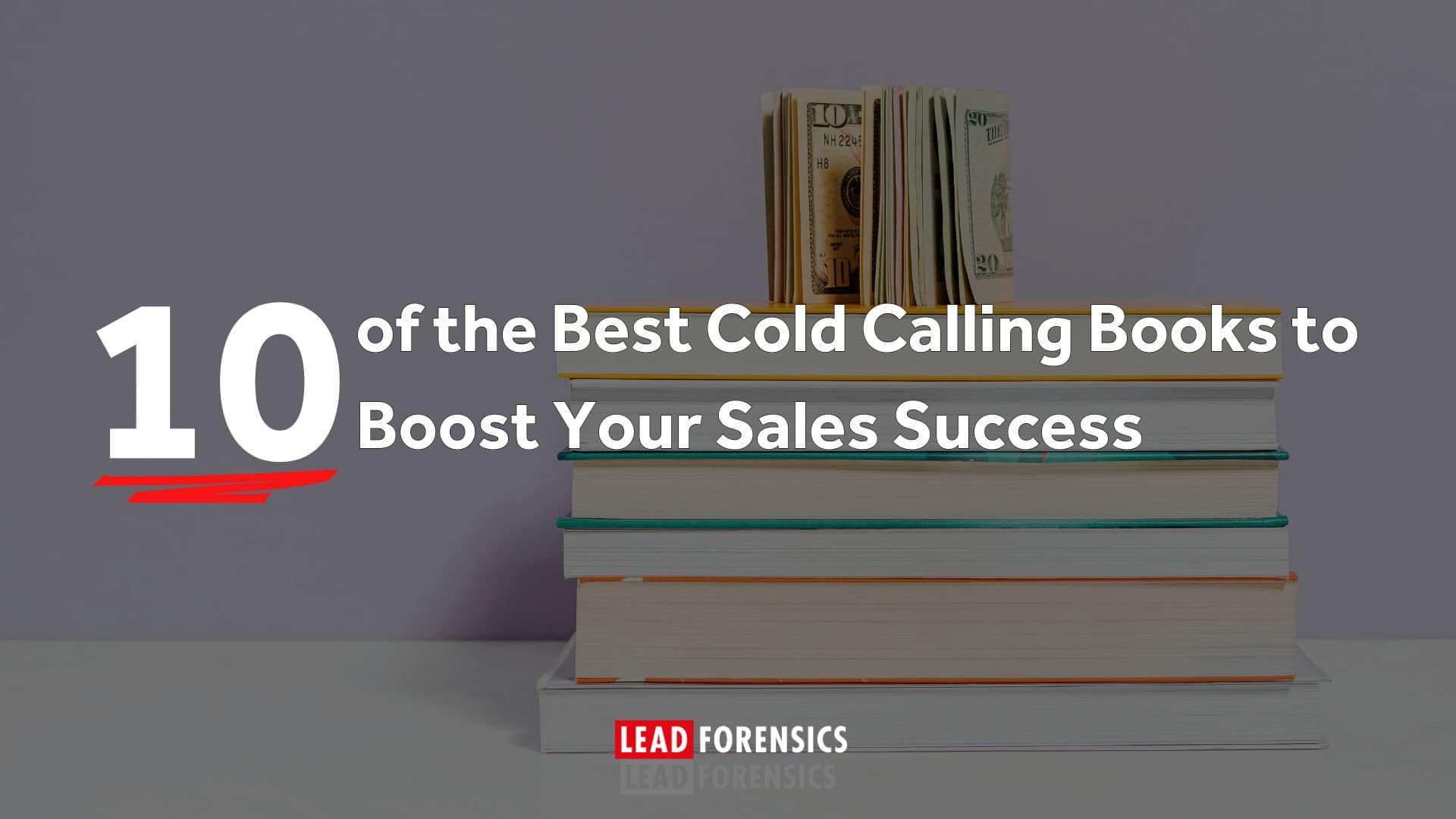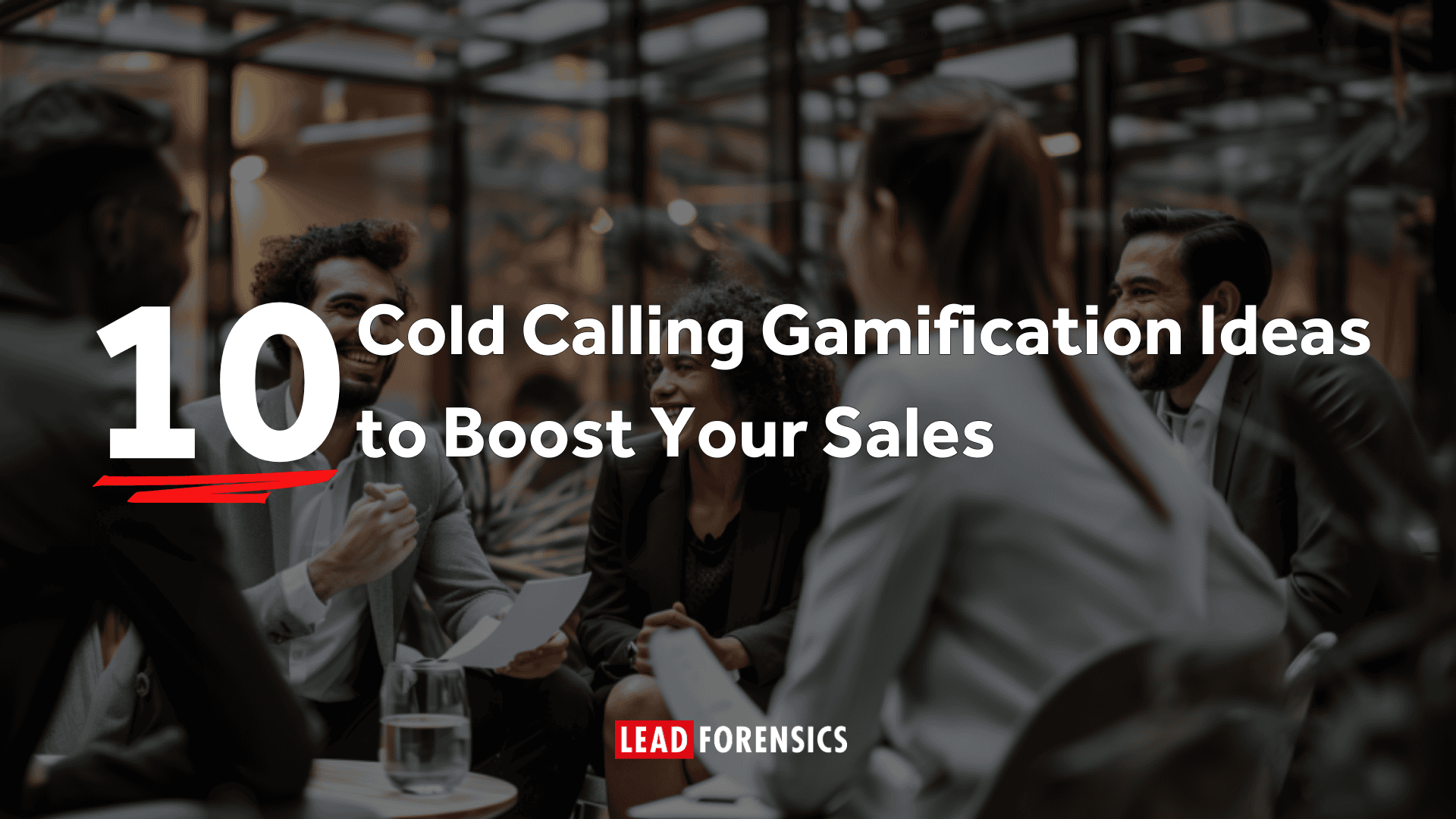Why High-Value Prospects Are Essential for B2B Success
In the B2B landscape, high-value prospects are more than just potential customers. They are the decision-makers and organizations that align closely with your offerings and represent significant revenue opportunities. These prospects are more likely to appreciate the value of your solution, have the budget to invest, and be open to establishing a long-term relationship with your business.
Focusing on high-quality leads provides clear advantages. It increases the likelihood of conversion, reduces wasted time and resources, and creates a sales funnel that is both efficient and effective. For B2B companies, precision in targeting high-value prospects can make the difference between modest growth and significant success.
Defining Your Ideal B2B Customer Profile
The cornerstone of effective B2B prospecting lies in clearly defining your ideal customer profile (ICP). An ICP is a detailed description of the businesses that are the best fit for your product or service.
Elements of an Ideal Customer Profile
Company Demographics: Consider industry, company size, location, and annual revenue.
Decision-Maker Personas: Identify key stakeholders, their responsibilities, and the challenges they face.
Business Challenges: Understand the specific problems your solution can solve for these businesses.
Buying Behavior: Analyze factors that influence their purchasing decisions and the length of their sales cycle.
By defining these attributes, you can target businesses that are most likely to benefit from your solution and deliver the greatest return on investment.
Researching and Identifying B2B Prospects
Finding the right B2B prospects requires a strategic approach that combines detailed research, smart use of tools, and strong relationship-building practices.
Utilizing Tools and Databases
The right tools and databases are essential for uncovering insights about potential prospects and decision-makers, enabling you to refine your outreach efforts and focus on high-value leads. These tools allow businesses to identify key information such as company size, industry, and the roles of decision-makers, helping you target the prospects that are most likely to benefit from your offerings.
Lead Forensics takes this a step further by revealing the anonymous visitors to your website, providing detailed information about their companies and interests. By understanding which businesses are already engaging with your site, you can tailor your outreach to align with their needs and improve your chances of conversion. With actionable insights at your fingertips, you can create targeted campaigns that connect with the right prospects at the right time, turning interest into opportunity.
Networking for B2B Success
Networking is a powerful way to connect with potential B2B prospects and build meaningful relationships. Participating in industry events, trade shows, and webinars allows you to engage directly with decision-makers and learn about their needs. Joining professional associations gives you access to a network of businesses in your niche, while hosting or attending virtual events like webinars can showcase your expertise to a broader audience.
The key to successful networking is follow-up and relationship building. Stay connected through personalized communication, provide value, and nurture trust over time. Strong connections can lead to referrals, partnerships, and long-term customers, making networking an essential part of your prospecting strategy.
Tailoring Prospecting Strategies for B2B Success
Every industry has unique characteristics, and the same applies to its prospecting strategies. Adapting your approach to align with your target market ensures your messaging resonates with prospects, builds trust, and addresses their specific needs.
Understanding Industry Dynamics
Each industry operates differently, with unique challenges and goals. For example, healthcare organizations prioritize compliance and patient outcomes, while technology firms focus on innovation and scalability. Understanding these dynamics allows you to craft targeted messaging that directly addresses what matters most to your audience.
Customizing Your Value Proposition
Your value proposition should highlight how your solution aligns with the specific needs of your target industry. For instance, manufacturers may value operational efficiency and cost reduction, while retail businesses might prioritize customer engagement and streamlined inventory management.
Speaking the Language of Your Audience
Using industry-specific terminology and addressing familiar pain points demonstrates your expertise and establishes credibility. Prospects are more likely to engage when they see that you understand their unique challenges and opportunities.
Identifying Industry-Specific Channels
Different industries rely on different communication platforms. While LinkedIn may be ideal for financial services professionals, trade shows or niche forums may be more effective for manufacturing or retail sectors. Research where your prospects are most active and focus your efforts accordingly.
Adapting to Decision-Making Processes
Decision-making in B2B often involves multiple stakeholders and varying timelines. Some industries require extensive review processes, while others operate with quicker approvals. Tailor your outreach to accommodate these variations, providing the necessary information and support to move prospects through the funnel efficiently.
Using Social Media for B2B Prospecting
Social media is an essential tool for identifying and engaging with B2B prospects. These platforms offer direct access to decision-makers and industry influencers, making them an effective channel for connection and engagement. Notably, 75% of B2B marketers identify social media as their most-utilized channel, with 60% considering it the top channel for generating revenue.
Effective Platforms for B2B Prospecting
LinkedIn: Ideal for connecting with professionals, joining industry-specific groups, and sharing thought leadership content. Use tools like Sales Navigator to refine your targeting and craft personalized outreach messages.
X (Twitter): Great for monitoring industry trends, engaging in relevant conversations, and sharing quick updates. Keep an eye on trending hashtags and interact with thought leaders to expand your visibility.
Engaging Prospects Through Valuable Content
Social media is also a platform for showcasing expertise. Sharing relevant content can help attract high-value prospects and establish your brand as a trusted authority.
Case Studies: Highlight how your solutions have addressed challenges for other clients in the same industry.
Whitepapers: Offer in-depth insights into common industry problems and potential solutions.
Industry Insights: Share updates and trends that demonstrate your thought leadership.
Monitor engagement metrics like comments, shares, and clicks to assess which types of content resonate most with your audience and refine your approach accordingly.
Key Strategies for B2B Prospecting
B2B prospecting requires strategies tailored to the unique characteristics of each industry. By aligning your efforts with industry-specific priorities and pain points, you can connect more effectively with potential clients. Here are some industry examples:
Healthcare
In the healthcare sector, compliance, efficiency, and cost-saving benefits are top priorities. Decision-makers often seek solutions that streamline operations, improve patient outcomes, or meet stringent regulatory requirements. To succeed in this industry, use targeted marketing content that highlights how your offerings address these challenges. Participating in industry conferences, webinars, and health tech expos is another excellent way to connect with key stakeholders.
Technology
The technology sector thrives on innovation, scalability, and measurable ROI. Prospects in this industry are looking for cutting-edge solutions that enhance performance and provide a clear return on investment. Engage with potential clients on tech-focused forums, such as GitHub or Stack Overflow, and share content marketing materials like case studies or product demonstrations that showcase your expertise and innovative capabilities.
Professional Services
In the professional services space, trust and credibility are critical. Prospects want to know that you have a proven track record and deep expertise in solving problems similar to theirs. Highlight this through thought leadership content, such as webinars, whitepapers, and success stories. Networking at industry-specific events and building personal relationships can also go a long way in this sector, where referrals and reputation play a significant role.
Measuring the Success of Your Prospecting Efforts
Tracking your efforts ensures that you can refine your strategies and maximize results.
Metrics to Monitor
Lead Quality: How well do your prospects align with your ICP?
Conversion Rates: Are your leads progressing through the sales funnel and becoming customers?
Sales Cycle Length: How long does it take to close a deal with a prospect?
Customer Lifetime Value (CLV): What is the total revenue generated by a customer over their lifetime?
Regularly analyzing these metrics allows you to identify successful tactics, eliminate inefficiencies, and optimize your prospecting strategies.
Conclusion: Turning Prospects Into Customers
Finding high-value B2B prospects is not a one-time effort but an ongoing process that combines strategy, understanding, and relationship-building. By tailoring your approach to specific industries, refining your messaging, and focusing on the unique needs of your prospects, you can build a pipeline of qualified leads who are ready to become long-term partners.
The key to success lies in understanding your audience, addressing their pain points, and consistently delivering value. As markets and industries evolve, continually adapt your strategies to maintain a competitive edge and strengthen your ability to convert prospects into loyal customers.
Transform Your B2B Prospecting Strategy with Lead Forensics
Maximize your B2B prospecting efforts by understanding who’s already interested in your business. Lead Forensics identifies anonymous website visitors, providing insights into their needs and helping you turn them into high-value prospects.
With Lead Forensics you can:
Gain actionable insights into your prospects.
Focus your outreach on the leads that matter most.
Streamline your sales process and improve conversions.
Ready to elevate your prospecting strategy? Request a demo today and discover how Lead Forensics can transform the way you find and engage with B2B prospects.







